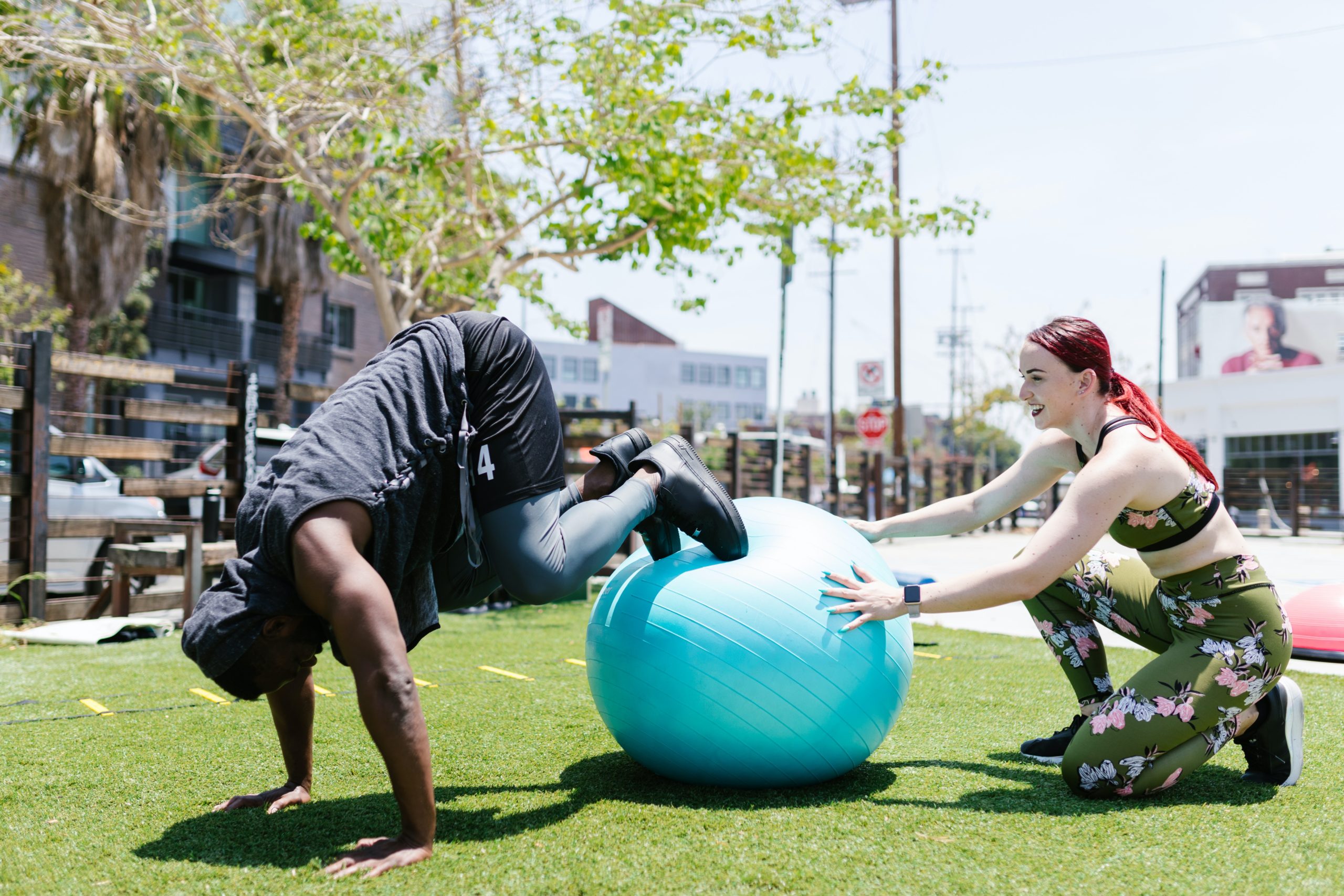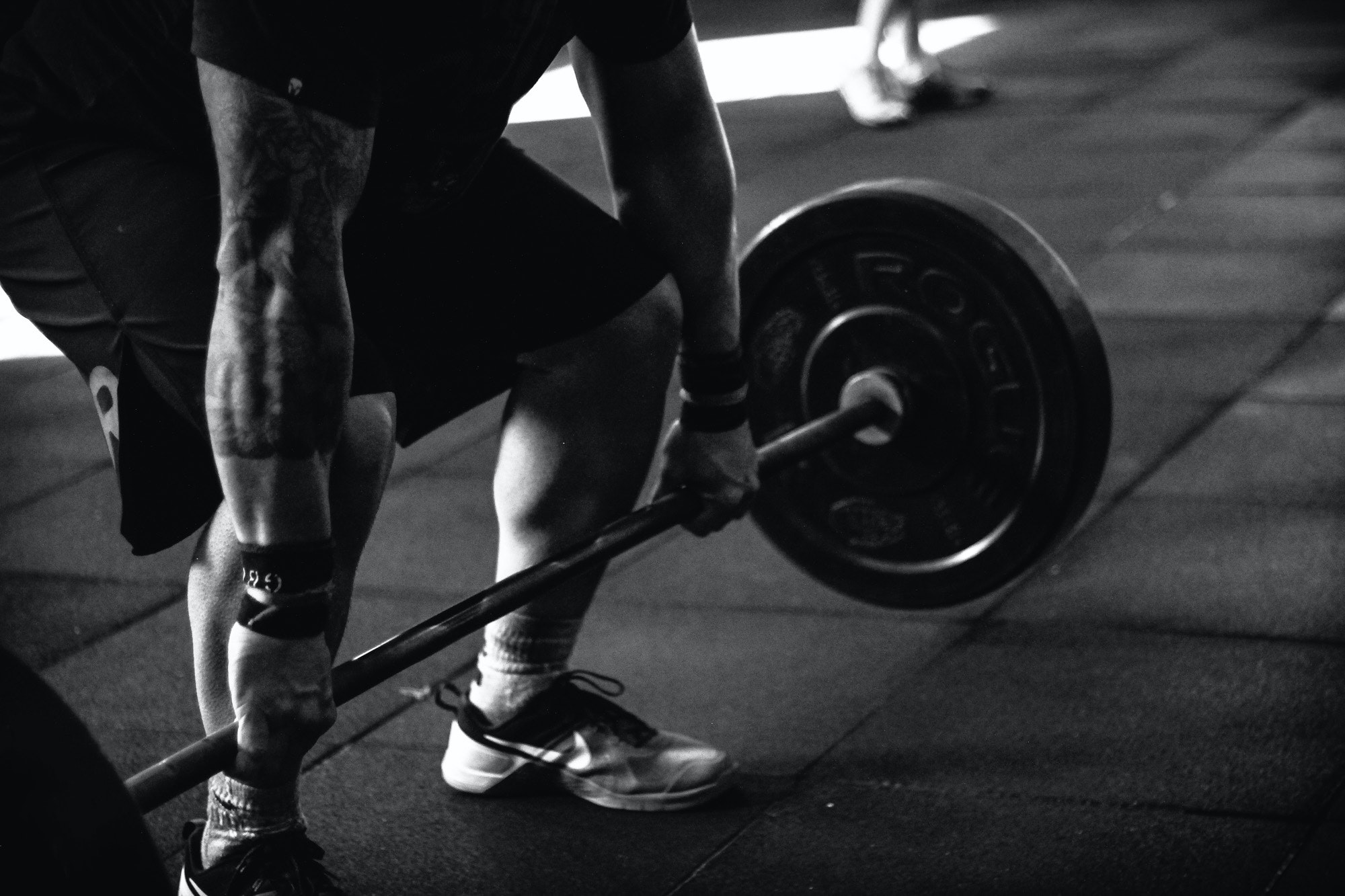The benefits of cardiovascular training are definitely no secret. Exercising your cardiovascular system will help reduce your risk of heart disease and will help improve your ability to perform daily activities.
These are facts supported by numerous studies.
What I want to talk about in this article are the things that you don’t often hear about – the details.
Your cardiovascular system is composed of your heart and a network of blood vessels (arteries and veins) that carry blood throughout your body. It’s responsible for circulating blood throughout your body, transporting nutrients, oxygen, carbon dioxide, metabolic waste products, and important hormones. It does a lot. It even helps maintain your core temperature.
I don’t want to discuss how exactly your heart works. Instead, I want to discuss what impact cardiovascular training has on your body on a deeper level.
There are a few things we need to cover first.
To start, your heart pumps roughly 70-75 bpm (beats per minute) at rest. This is your heart rate (HR). Each time it pumps, it forces blood into the arteries to deliver oxygen and nutrients to the active tissues in your body. You can feel these waves of blood moving through your arteries as a pulse at any major artery close to the skin (your wrist for instance).
Second, we consider stroke volume (SV). This is the amount of blood that your heart (more specifically the left ventricle of your heart) ejects in one beat.
Lastly, cardiac output (Q) is the amount of blood that the heart ejects in one minute.
So what kind of benefits does cardiovascular training bring when it comes to these things?
As you improve your cardiovascular fitness, the ventricles of your heart become larger, allowing them to hold more blood and contract with a higher force. So your stroke volume increases as you get fitter and you’ll be able to deliver more blood per heartbeat. This means your heart doesn’t have to work as hard during exercise or even at rest.
Cardiovascular training helps lower your resting HR and helps normalize your resting blood pressure. A lower resting HR means that your heart does not have to work as hard during rest because it is able to pump more blood each beat. This results in less wear and tear on your heart. It also means that your heart will be able to work harder at the onset of exercise.
All in all, the benefits of cardiovascular training come down to an overall improvement in both oxygen delivery and oxygen extraction. Your body becomes a more efficient system with a strong heart..well…at the heart of it.






